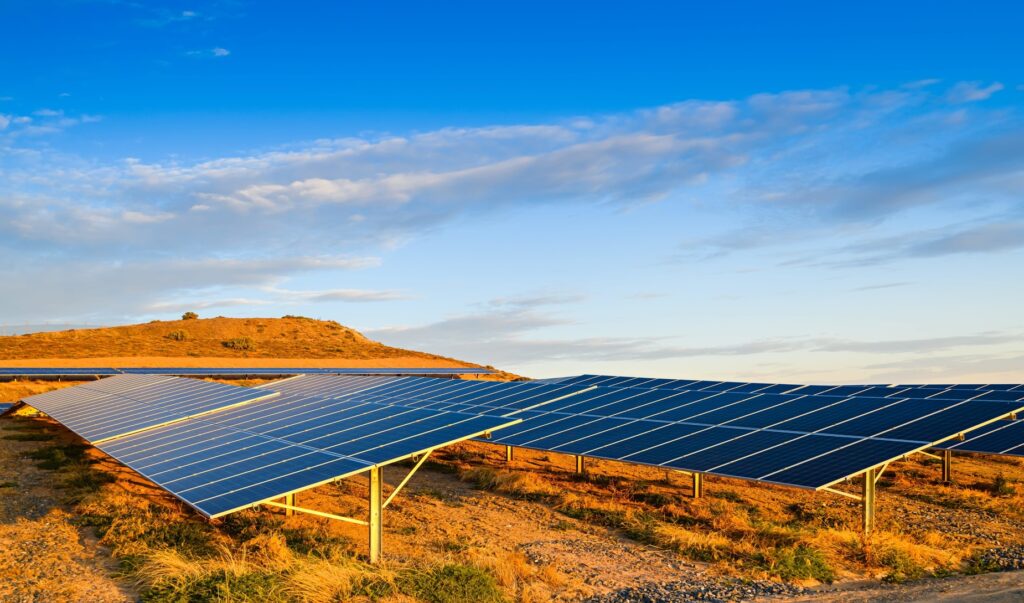Building long-term Australian competitive advantage through a clean COVID-19 recovery
Brian O’Callaghan, Cameron Hepburn, Daniel D’Hotman
July 2020 as Submission to the Australian National COVID-19 Coordination Commission
Executive Summary: In comparison to global peers, COVID-19 economic recovery narratives in Australia have been noticeably focused on short-term economic outcomes, rather than long-term prosperity.
A lack of investment in future industries puts the nation at risk of losing long-term global competitive advantage. This is particularly true for emerging clean industries, which are receiving significant support in foreign nations. For example, in hydrogen, Australia’s recent AUD300mn fund is dwarfed by a single USD5bn (AUD7.2bn) green hydrogen project in Saudi Arabia, and recovery spending of EUR9bn (AUD15bn) committed to green hydrogen in Germany.
Since March 2020, the Smith School’s economic recovery project at the University of Oxford, has helped nations around the world orient economic recovery packages towards clean initiatives. We find that Australia has one of the highest risk profiles for losing competitive advantage to nations with more generous approaches to clean fiscal spending. One of our recent papers demonstrates how clean stimulus spending can outperform traditional stimulus spending on both climate and economic metrics (see figure in Appendix 1).
The Smith School is beginning a detailed (funded) economic modelling exercise to determine national and regional job and long-run economic multipliers of clean stimulus policies in case study nations. There is scope to include Australia as one of these nations if this would be useful for the NCCC.
Suggested Citation: O’Callaghan, B. Hepburn, C. D’Hotman, D. 2020. Building long-term Australian competitive advantage through a clean COVID-19 recovery. Submission to the Australian National COVID-19 Coordination Commission.

